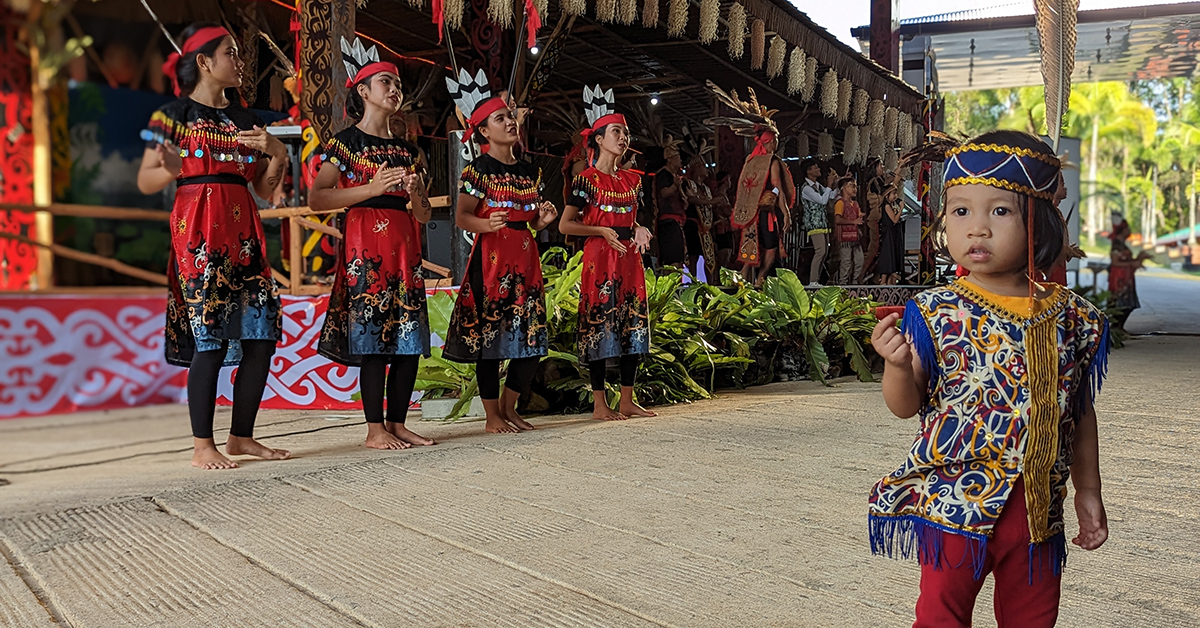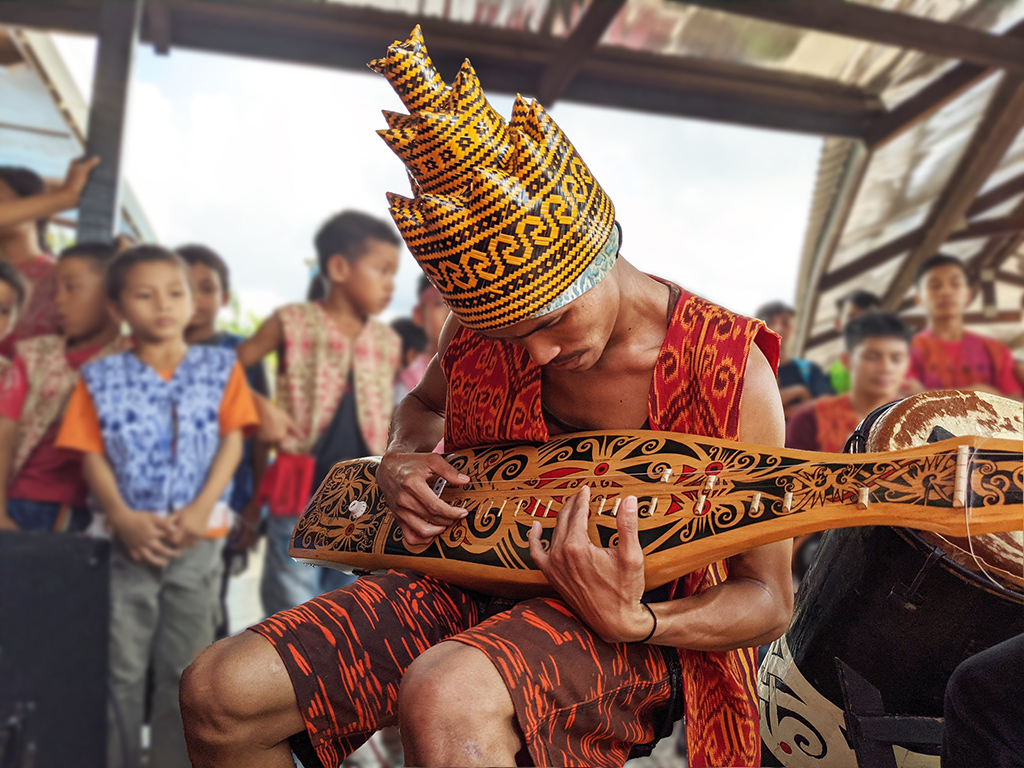

The first United Nations Sustainable Development goal is: “End poverty in all of its forms everywhere.” What is the evangelical response to this provocative and compelling goal? I wonder what your reaction is? And if it was anything like mine? Hope, excitement, intrigue, despair, cynicism, dismissal, resistance, prayer, confusion?
I was certainly struck by the magnitude of this goal – “In all forms, everywhere”! It has been demonstrated that the amount of money theoretically needed to eradicate world poverty could be amassed simply if all Americans would tithe,* so I suppose it is possible – but all forms everywhere? Corbett and Fikkert** showed how poverty takes on many forms, from material poverty to social and relational poverty of community – forms of poverty that are so strikingly evident in the high-income UN countries (HIC’s) setting the goals.
* C. Blomberg, Neither Poverty nor Riches: A Biblical theology of possessions (Apollos Books, 1999), 252.
** S. Corbett and B. Fikkert, When Helping Hurts (Moody Publishers, 2012).
I also reflected just how sparse the evangelical response has been over the years to the issues of poverty, perhaps afraid of a social gospel and still retreating from liberation theology. I attended a recent conference with 1000 evangelical leaders and asked the conference bookstore what books they had on poverty – the answer was, “One.” That’s not to say there is nothing written on the subject of course,* but many of the best works do lie outside of evangelicalism.
* See, for example, W. Grudem and B. Asmus, The Poverty of Nations: A sustainable solution (Crossway, 2013); J, Thacker, Global Poverty: A Theological Guide (SCM Press, 2017); and C. J. H. Wright, The Mission of God (InterVarsity Press, 2006).

As Christians, we agree that poverty has no place in God’s new creation. As an intrusion upon God’s good ideal, Christians could be on the front foot with this question. If we can reframe, “you will always have the poor,” in Mark 14:7 as, “you will always have opportunity to grow in other-centredness and generous giving,” rather than, “you will always have them, so, what’s the point in considering poverty?” then we may be able to explore together the heartbeat of God for the poor. We may also move closer to a cogent biblical response to this global issue, which is under such a striking spotlight at the final judgement (Matt 25:31–46).
We are accustomed to defending our justification by grace alone and through faith. However, grace is not opposed to effort – only merit. Our acts of compassion for others don’t merit our justification but they do speak to the genuineness of our faith (James 2:14–18). Having been justified by faith, we have a responsibility to live justly. Tim Keller’s excellent article on “The Gospel and the Poor” addresses the primacy of the gospel and the biblical mandate to the poor. He argues that justification by faith alone requires us to be just and to fight injustice.
My wife Anne and I spent most of August serving in an extraordinary Christian village, in the heart of West Kalimantan, Borneo. Living Waters Village is quite possibly the most remarkable work of God that I have seen in my thirty years as a believer.
Living Waters Village evolved over twenty years through the ministry of Ronnie and Kay Heyboer who moved from Australia to Borneo in 1995 to help children facing extreme poverty, neglect and cruelty. The village is now home to 850 neglected and orphaned children who are being loved and discipled in Jesus’ name, and it continues to grow. It’s a bold, compelling, faith-driven ministry in an area of the world where some locals still practise head-hunting, and where Islam is advancing.
The children at Living Waters Village all rise at 5:30am every morning to pray. Everyone contributes, serves and builds together as one huge family of God. The village has a primary and secondary school, a Bible school and a church; actually, they have planted seventeen other rural churches and plan to send many of the discipled youngsters out in Jesus’ name to plant more churches and reach the hundreds of tribes in remote jungle areas with the gospel. There may be material poverty by Western standards, but the intentionality and depth of community here makes my beautiful home area of Devon feel like a social desert.
In addition to having the great privilege of serving in Living Waters Village, we also visited two Compassion child-development centres, based in local churches. We saw first-hand the outworking of Ephesians 2:8–10 – the gospel working itself out into the hearts, minds and lives of people who often have less than enough to survive the day: a working faith if you like – justice flowing from justified hearts.
At the time of our visit, it hadn’t rained for a month. Prayer meetings were held for rain, water tanks were empty and taps were turned off. This was even more pronounced as we ventured on motor bikes into the deep jungle areas to stay with a local tribe – here their only water came directly from the heavens above – and yet there was something about their lives that was so refreshing: their joy in Christ, walking the journey of life together.
Despite the lack of running water and the relentless advance of South Korean palm oil bulldozers cleaning 39% of the indigenous rainforest and dispersing endangered species northwards, there was such peace and community in Christ. They had something I know many us don’t have – a richness of community, a childlike trust in God for survival and barrel loads of joy.
[In] the communities of Borneo … I found an embarrassment of riches in these areas. There was indeed much to reflect on as I returned home to the spiritual and social slums of the UK.
The UN wants poverty eradicated, “in all forms” – we have much to learn in the higher-income countries I feel. Material poverty is the inability to make choices – choices about where to live, what school to attend, when to eat; it is a form of powerlessness. The choices available to these communities are indeed limited.
But what if the UN really considered poverty in all of its forms, everywhere as they say they want to? Not just material poverty but spiritual and social poverty. What if they considered the helplessness, anxiety, suffocation, desperation, shame and isolation many of our young people are experiencing in the UK today? Then the communities of Borneo would have much to teach us as I found an embarrassment of riches in these areas. There was indeed much to reflect on as I returned home to the spiritual and social slums of the UK.
To end poverty in all forms, everywhere? That sounds like a challenge that is beyond the UN, beyond humanity even – it sounds very much to me like a mandate that Christ alone can fulfil through his church in his name. Surely, it’s something we as evangelicals need to engage with more intentionally?
Dr Andy Hutchinson is an Associate Fellow of the KLC who works for Compassion UK, a child development charity working with 2.3 million children in poverty through 8,500 local churches in 29 countries. You can contact him at andyh@compassionuk.org.
The Kirby Laing Centre for Public Theology in Cambridge. Charity registered in England and Wales. Charity Number: 1191741
Kirby Laing Centre, Office 1, Unit 6, The New Mill House, Chesterton Mill, French’s Road, Cambridge, CB4 3NP
© 2025 The Kirby Laing Centre for Public Theology in Cambridge